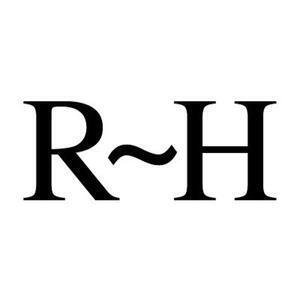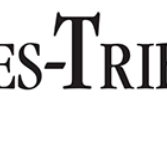- While the totality of President Trump’s tariffs won’t be realized for some time, many Americans aren’t waiting to find out what might be. From vehicles and appliances to makeup and gardening supplies, U.S. consumers are buying now to beat the anticipated price hikes.
- Automakers reportedly saw a 13.6% increase in their U.S. sales in March, including a 19.2% increase in electric vehicle sales through Q1.
- While some of the Trump administration’s sweeping tariffs were rolled out Wednesday, a 10% baseline tariff took effect Saturday and still more are expected in the coming days.
Full Story
While the totality of President Donald Trump’s tariffs won’t be realized for some time, many Americans aren’t waiting to find out what the ramifications will be. Whether it’s vehicles and appliances or avocados and coffee, American consumers are rushing to purchase items imported from abroad.
US car purchases shift into high gear
According to Euro News, automakers saw a spike in U.S. sales in March, with roughly 1.6 million vehicles sold representing a 13.6% increase. One of those purchasers, Rob Blackwell, told The Associated Press that he had been considering buying a new electric vehicle and that he was “watching to see what the president did with tariffs.” After the White House said its tariff plan would be rolled out April 2, Blackwell decided it was time to purchase the new General Motors Optiq –– an American car made in Mexico.
“It was just a simple rational decision,” Blackwell told The AP. “If this is what the government’s going to do, I need to get my act together.”
Blackwell’s not alone. Citing data from Wards Intelligence, Reuters reports that electric vehicle sales rose 19.2% in Q1.
Electronic and appliance sales electrify market
Appliances are also on many Americans’ minds, and small appliance stores –– which often band together to buy in bulk –– are stocking up. According to ABC7 NY, some appliance retailers were warned about a potential price increase in June, when people regularly purchase new air conditioners that contain parts manufactured overseas.
“We’ve had a lot of people that are buying not necessarily because they have to get it right now, but they are afraid of the tariffs,” Ben Santora, a local appliance retailer told ABC 7 NY.
Similarly, big-ticket electronics were on Noel Peguero’s list of priorities. The New Yorker told ABC News that he spent $3,500 in one week, stocking up on car parts, gardening supplies, a television and a MacBook laptop, saying, “Now is the time to buy.”
Everyday goods to last a lifetime
Meanwhile, perishable items are likely to see more immediate price hikes, according to The Economic Times, including avocados, coffee and tea. Similarly, price tags on small-batch items such as shoes and apparel are expected to feel the effects of the tariffs more quickly than composite parts like steel, aluminum or copper.
“Because of the perishability and the high import ratio of some of these products, we’ll likely see immediate changes in their pricing,” economist Dr. Sung Won Sohn told The Economic Times.
It’s a fear that’s not lost on Melanie Moroz, who told Business Insider that she has enough makeup, skincare and hair care products to last two years. She also plans on buying meat to freeze as well as a newer iPhone, in anticipation of “major price hikes.”
“I’m not purchasing anything that’s not an absolute necessity,” Moroz said.
Trump says ‘it won’t be easy’
While some of the Trump administration’s sweeping tariffs were rolled out Wednesday, April 2 –– dubbed “Liberation Day” –– a 10% baseline tariff took effect Saturday, April 5. Still more are expected to follow in the coming days and weeks.
On Saturday morning, Trump took to his social media platform, Truth Social, where he urged Americans to “Hang tough,” adding that the tariffs “won’t be easy, but the end result will be historic. We will make America great again.”
That message coincides with a day of global protests against Trump and his adviser, billionaire Elon Musk, as people rally against the administration’s economic policies, immigration policies, government cuts and more.






































































